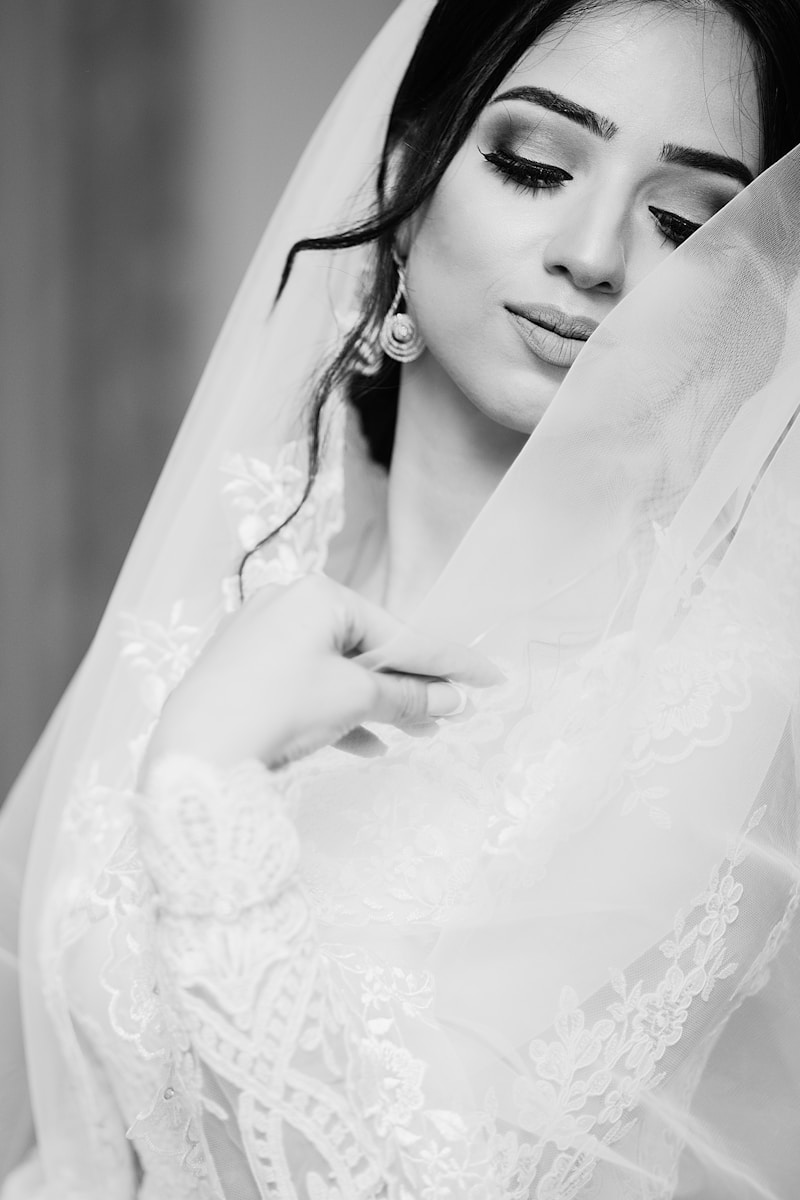Ultimate Guide to Fabric Choices for Bridal Wear
Ultimate Guide to Fabric Choices for Bridal Wear
Choosing the Perfect Fabrics for Your Bridal Wear
When it comes to bridal wear, the choice of fabric is one of the most critical decisions a bride will make. The fabric not only influences the overall look and style of the gown but also determines comfort, durability, and movement. In this guide, we will explore popular fabric choices for bridal wear, evaluating their characteristics and suitability for different styles and seasons.
Understanding Different Fabrics
With a plethora of fabric options available in the market, it's essential to understand what each type offers. Here’s a breakdown of the most common fabrics used in bridal wear:
| Fabric | Description | Best For |
| Satin | Soft, shiny fabric known for its luxurious feel. | Formal gowns and ballgowns. |
| Taffeta | Stiff fabric that holds its shape well, offering a structured look. | A-line dresses and structured styles. |
| Lace | Intricate and delicate, lace adds romantic detail. | Vintage and bohemian styles. |
| Chiffon | Light and airy, chiffon is perfect for flowing designs. | Beach weddings or garden ceremonies. |
| Silk | Natural fiber known for its smooth texture and sheen. | Classic and high-end gowns. |
Popular Fabric Choices for Bridal Wear
Satin: The Luxe Choice
Satin is a classic bridal fabric favored for its luxurious appearance. Brides love satin for its soft texture, elegance, and timeless look. It drapes beautifully, making it a popular choice for mermaid and ballgown styles. Its sheen reflects light, giving a radiant look in wedding photographs.
Taffeta: Structure and Volume
If you’re looking for a gown with more structure, consider taffeta. This fabric is crisp and can hold shape, making it ideal for A-line and ball gowns. Taffeta is perfect for formal weddings and can be layered for added volume.
Lace: For the Romantic Bride
Lace is synonymous with romance and femininity. This fabric can be elegant and intricately detailed, often used for overlaying other fabrics. Lace is perfect for vintage-inspired and bohemian wedding styles, especially when layered over satin or chiffon for added depth.
Chiffon: Perfect for a Relaxed Look
Chiffon is lightweight and flowing, ideal for brides who prefer a laid-back style. This fabric creates beautiful movement and is perfect for destination weddings, especially on the beach. It pairs well with lace and other fabrics, offering versatility in dress design.
Silk: A Timeless Classic
Silk has long been the epitome of luxury and elegance, making it an excellent choice for bridal wear. This natural fiber drapes beautifully and has a subtle sheen that photographs well under natural light. Silk bridal gowns are classics that never go out of style, making them a wise investment for future generations.
Factors to Consider When Choosing Fabric
1. Season and Climate
Seasonality plays a significant role in fabric selection. For summer weddings, lightweight fabrics like chiffon and lace are ideal, while heavier fabrics like satin and taffeta work better for cooler weather. Consider a breathable fabric to ensure comfort throughout the day, especially if you’re getting married in a warmer climate.
2. Body Type and Fit
Choosing the right fabric can also enhance your body type. Structured fabrics like taffeta can provide support and shape, while softer fabrics like chiffon may drape beautifully over curves. Aim for a fabric that complements your figure and allows for ease of movement during your big day.
3. Personal Style
Your personal style should dictate your choice of fabric. If you’re a traditional bride, opt for classic fabrics like silk or satin. If you lean towards a more contemporary style, consider using a mix of materials for a unique look. Take the time to envision how each fabric aligns with your overall bridal vision.
4. Wedding Theme
The wedding theme can significantly influence fabric choice. A formal ballroom wedding may call for luxurious fabrics like satin or silk, while a rustic outdoor wedding could be well-suited to lighter materials such as chiffon or lace.
Mixing Fabrics for a Unique Look
Don’t feel limited to a single fabric; mixing different materials can create a distinctive bridal gown. A satin bodice paired with a chiffon skirt or lace overlay can bring dimension and interest to your design. As trends evolve, many brides are opting for unique combinations to express their personal style.
Conclusion: Fabric Choices Matter
Choosing the right fabric for your bridal wear is essential. Each type of fabric brings its unique qualities to the design and overall feel of your wedding dress. As discussed, factors like season, body type, personal style, and wedding theme significantly influence your choice. Remember that the perfect fabric will not just look good; it will also align with your comfort and the vision you have for your special day. Take your time during this decision-making process, and don’t hesitate to consult with your designer to explore all your options thoroughly.
In summary, the fabrics you select can completely transform your bridal experience. Keep the various characteristics of each fabric in mind, and consider how they will complement other aspects of your wedding attire. Whether you choose satin, chiffon, lace, or a combination, the right fabric will help you feel beautiful and confident on your most special day. Happy planning!
